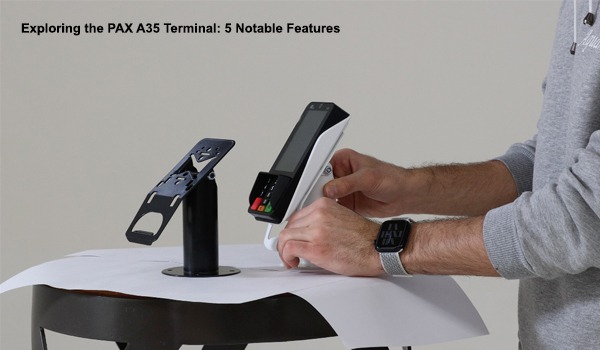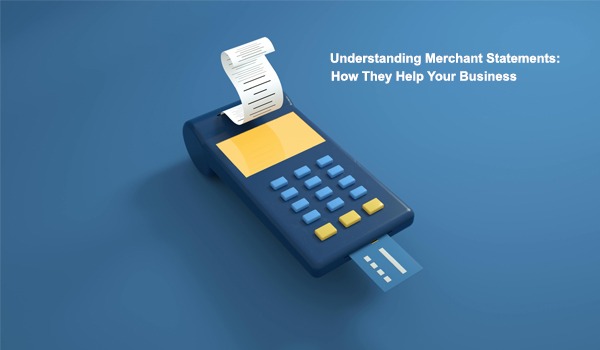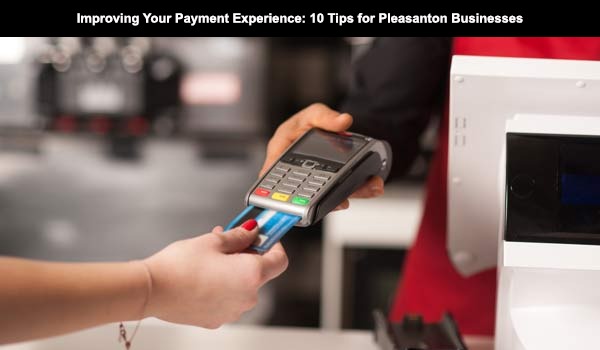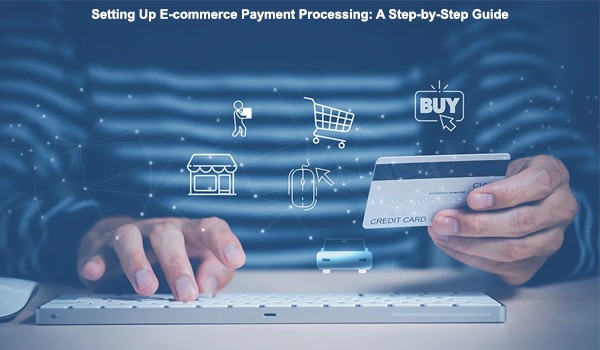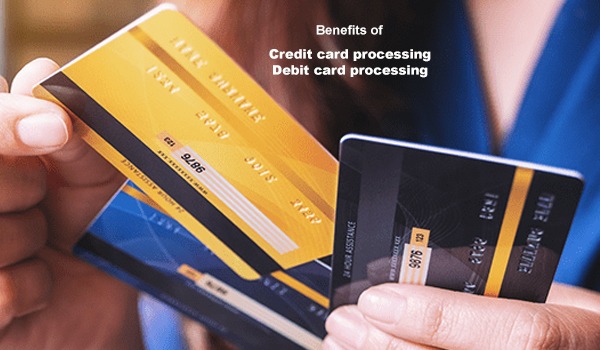
Introduction
Credit card processing and debit card processing have become essential for businesses seeking to streamline their payment systems. With the convenience, speed, and security that card payments offer, it’s no surprise that these methods have replaced traditional cash or check transactions in many industries. While some businesses may hesitate to fully transition away from traditional payment methods, the advantages of embracing card payments are undeniable.
This article explores how accepting credit and debit card payments can enhance business operations, boost sales, and improve customer satisfaction, highlighting benefits that are often overlooked in the decision-making process.
1. Increasing Sales Potential and Customer Reach
Accepting credit card processing and debit card processing can significantly increase your customer base. As digital payments continue to gain popularity, offering these payment options meets the demand for quick, convenient, and secure transactions.
Imagine a customer visiting your store or website, ready to make a purchase, but discovering that you do not accept credit card processing or debit card processing. At that moment, they may decide to leave or abandon their online cart. By offering these payment options, you reduce the chances of losing a sale.
Card payments also allow customers to make higher-value purchases without having to carry cash. This may translate to higher-value transactions for your business since customers are more likely to make impulse purchases or buy more when they have a safe and convenient payment method. Credit card holders may also be motivated to spend more because of rewards programs and financing options, which increase their revenue.
2. Convenience Equals Customer Loyalty
Think about the last time you had to make a quick purchase. Did you pull out your wallet or reach for your phone? More often than not, consumers today want an easy transaction experience that does not require rummaging through pockets for cash or writing checks. This is where credit and debit card processing comes into play.
Card payment allows your customers the convenience they need. They may be shopping in-store, or online or accessing your mobile application; all this will be completed quickly when they choose card payments that cut down waiting time while enjoying their shopping experience.
This increased convenience could translate into higher customer loyalty. A painless process of payment increases the opportunity for customers will come back to shop again, either for reorders or continued business. That loyalty can then feed into more consistent sales over the long term.
3. Faster Payments, Better Cash Flow
Although there's a delay in getting hold of funds when using cash and cheques, debit and credit cards are processed almost immediately, if not within a day or two, depending on the system. This means that a business can enjoy a better and more predictable cash flow.
For small businesses or startups, cash flow is often the blood that runs through day-to-day operations. When you take card payments, you can trust that payments will come quickly, whether it's through an online order or at a point of sale, and that helps with everything from paying suppliers to covering overhead.
Even better, debit card payments often link directly to the customer's bank account with minimal delay in transferring funds. You will thus have quicker access to your funds, so you will not worry about liquidity.
4. Better Security for You and Your Customers
Businesses are exposed to risk from theft, fraud, and human error when handling big volumes of cash or processing checks. Credit and debit card payments reduce these risks by giving a secure, encrypted system for each transaction. Companies and processors of payment cards have to follow strict security standards, such as the PCI DSS, to guarantee that customer data is not compromised.
In addition, credit card and debit card transactions have built-in protection against fraud. Credit card companies usually have chargeback protection, where your business may recover some of its losses when fraudulent transactions occur. A fraud detection system can enable payment processors to track and flag suspicious behavior in real time to prevent the likelihood of fraudulent transactions occurring unnoticed.
For customers, this means they can shop with confidence, knowing that their sensitive data is being processed securely. This helps build trust between your business and customers, which is one of the most important aspects of gaining long-term success.
5. Access to Valuable Insights and Analytics
When you process payments digitally, you automatically collect a wealth of data about your customers' purchasing habits. This data can serve as a valuable resource for enhancing your business strategies.
The frequency and size of purchases, as well as the time of day when customers are most active, can be tracked through card payment systems. You can even use this data to create targeted promotions and refine your marketing campaigns, ensuring you have the right inventory in place at the right time.
The ability to make data-driven decisions helps your business remain competitive in a fast-moving market. With these insights, you can tailor your offerings to meet customer preferences, thus boosting sales and fostering deeper connections with your audience.
6. Expanding Your Reach Beyond Borders
Whether you are a traditional brick-and-mortar business or an online retailer, offering credit and debit card payments gives you access to markets that span the globe. Especially with credit cards, transactions can be processed in currencies other than your own, letting you reach international customers who want to pay in local currency.
The card payment convenience removes all barriers in international sales because e-commerce is a global industry. Thus, if a customer based in another country is enabled to pay using a credit card instead of struggling with wire transfers, foreign currencies, or other complicated payment methods, they may be more likely to shop from your online store.
By offering international payment processing, your business can expand its customer base and increase revenue potential, all while making transactions simple for customers no matter where they are located.
7. Minimizing Human Error and Reducing Disputes
Cash handling and check processing also have their headaches, from incorrectly giving change to wrongly entering an amount for a transaction. Such minor mistakes at times create troubles for customers and lengthy disputes.
Credit card processing and debit card processing minimize such risks. The system automatically calculates totals, applies taxes, and records payments, significantly reducing human error. Should an issue arise, card processing companies often have customer service teams to handle disputes, leaving your business free from the burden of manual resolution.
Furthermore, in case of a chargeback or customer complaint, the onus of investigation usually lies with the payment processor, not your business, hence providing an added layer of protection.
8. Simplified Operations and Seamless Integration
Many modern point-of-sale systems have integrated payment processing solutions that will help streamline your business operations. They can link directly to your inventory management software, accounting programs, and CRM tools, simplifying everything from stock tracking to sales reporting.
In addition, credit card processors provide you with detailed transaction reports, so you can stay on top of sales trends, profit margins, and overall business performance. Such information is helpful in decision-making, optimizing operational efficiency, and reducing administrative work.
Conclusion
Credit card processing and debit card processing offer a lot of benefits to businesses in enhancing customer satisfaction, improving cash flow, and driving growth. Accepting cards makes your customers' lives more convenient, pays you faster, reduces security risks, and gives you valuable business insights.
In a world where digital transactions are becoming the norm, businesses that fail to adapt risk losing out on valuable sales and customers. Whether you're a small local shop or a global e-commerce business, integrating credit and debit card payments into your operations is not just a smart move—it’s essential for success in the modern marketplace.


